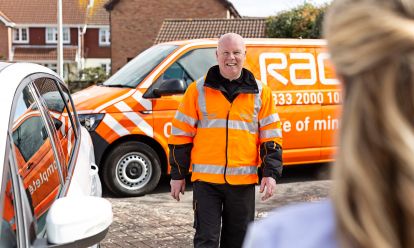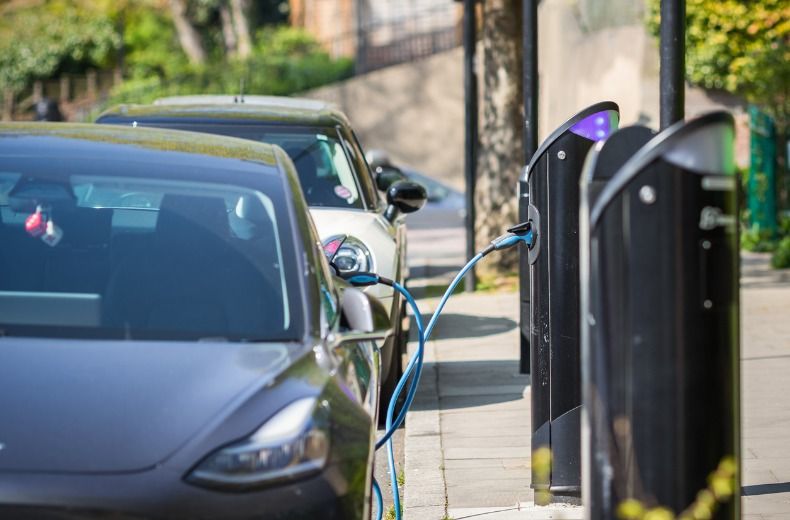Registrations fell by 34.4% year-on-year, with just 215,312 new cars taking to UK roads, according to the Society of Motor Manufacturers and Traders (SMMT). This comes as supply chain issues continue to affect new production.
The drop represents the worst September recorded since 1998 – the year before the bi-annual number plate system was introduced.
The SMMT’s chief executive, Mike Hawes, said: “This is a desperately disappointing September and further evidence of the ongoing impact of the Covid pandemic on the sector.” September is usually the second busiest month for new car registrations after March.
Mike Hawes added: “Despite strong demand for new vehicles over the summer, three successive months have been hit by stalled supply due to reduced semiconductor availability, especially from Asia. Nevertheless, manufacturers are taking every measure possible to maintain deliveries and customers can expect attractive offers on a range of new vehicles.”
Semiconductors are small chips that are vital for a car’s electronics to function, spanning from multimedia systems to reversing cameras.
On the other end of the scale, demand for electric cars continues to rise, with EV registrations up by 49.4% to 32,721 sales in September. This represents a 15.2% market share, which is the largest yet for electric cars.
The number of electric cars sold last month was also close to the figures for those sold in the whole of 2019, with the fuel delivery shortage sparking more interest in EVs. Combined with plug-in hybrids, one in five new cars sold in September were zero-emissions-capable vehicles.
The rise in demand for environmentally-friendly models is made evident with the list of September’s best-selling cars. Tesla’s Model 3 was the most popular overall, with 6,879 examples registered. The Kia Niro – available as an EV, hybrid and plug-in hybrid – was the ninth best-seller, with 3,776 examples reaching customers.
Mike Hawes acknowledges that the “rocketing uptake of plug-in vehicles, especially battery electric cars” demonstrates the increasing demand for new technologies. However, he says we must ensure all drivers can make the switch with the help of investment in public charging infrastructure, to keep up with the acceleration in plug-in vehicle registrations.
- Tips and advice for buying a new car in the UK
- Electric cars – a definitive guide and tips for buyers
- Electric car leasing explained – EV financing vs buying
RAC director of EVs, Sarah Winward-Kotecha said: “Against a backdrop of generally poor new car sales, September was a milestone month when it came to battery electric models, with nearly as many sold in one month as were sold throughout the whole of 2019. Plug-in cars now account for 16% of all new car sales so far this year.
“What’s more, sales of electric cars have eclipsed diesel sales by a huge margin, with three battery electric cars sold for every one new diesel car that went onto the road. This now looks like the end of the road for diesel as nearly 67,000 fewer diesel cars were registered this September than was the case in September 2019, representing an astonishing 86% drop in just two years.
“These figures show there’s clear momentum when it comes to electric car adoption in the UK, but had it not been for the chip shortage which is hampering new car production, the numbers may well have been even higher.
“Fortunately, when it comes to EVs there are a variety of ways drivers can now make the switch in a more affordable way, not least through leasing schemes such as those offered by the RAC.”
Return to the RAC Drive Electric cars hub
Read our guides on choosing, charging and running an electric car.
RAC Breakdown Cover
Join the RAC and get breakdown cover. Our patrols fix 4 out of 5 vehicles on the spot, with repairs done in just 30 minutes on average.











